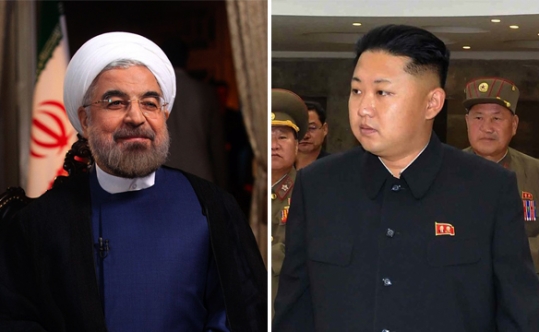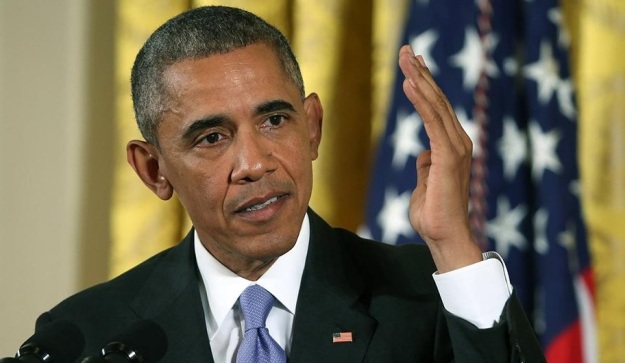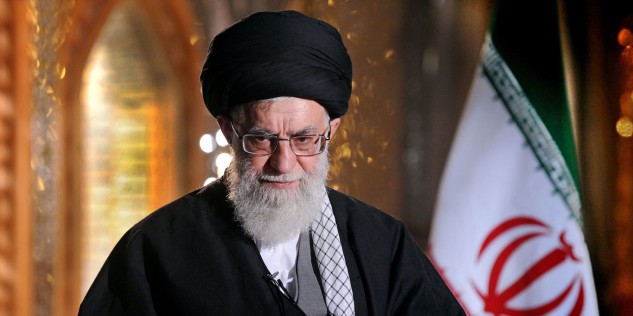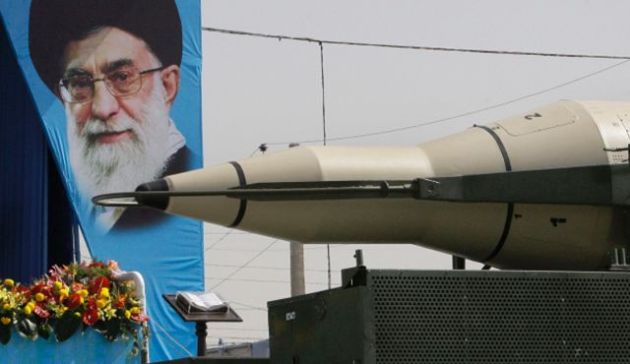By Kyle Orton (@KyleWOrton) on 23 December 2017

A widely reported, 15,000-word article by Josh Meyer in Politico on Sunday moves us another step closer to finding out the actual terms of President Barack Obama’s nuclear deal with the Islamic Republic of Iran.
Though the Obama administration sold the Iran deal on the narrowest possible terms as an arms control agreement, the reality was that this agreement was intended to facilitate a strategic tilt in Iran’s favour—against traditional allies—that left a regional balance requiring less American commitment.
Because the administration wanted the paper agreement, Iran had the leverage to threaten to walk away, and was therefore appeased on multiple fronts ostensibly unrelated to the nuclear issue.
Meyer lays out a part of what that meant in practice: the US government ceasing to try to crack down on the global criminal fundraising of Hizballah, the Lebanese wing of Iran’s Islamic Revolutionary Guard Corps (IRGC)—the part of the Iranian regime charged with exporting the theocratic revolution, by terrorism and violence where necessary.





